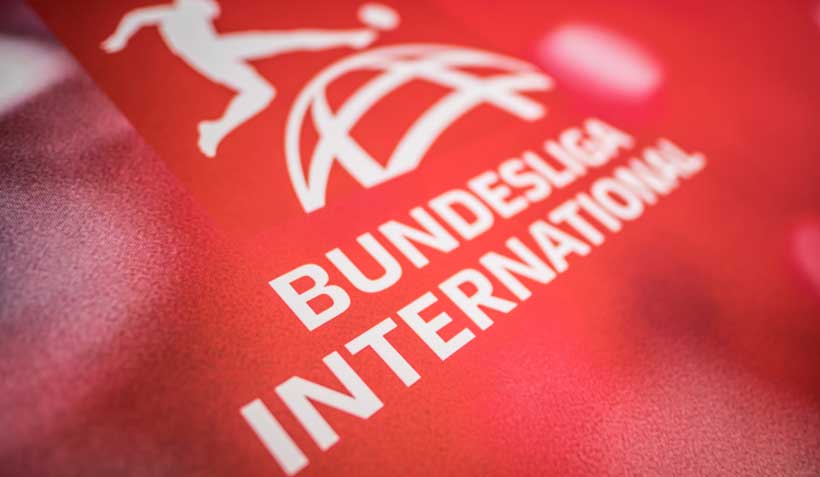Football is more than just a sport; it is a universal language capable of transcending geographical, cultural, and political boundaries. In Germany, football has evolved into an effective tool to enhance its global image, promote international relations, and foster cultural exchange. At the forefront of this effort is Bundesliga International, which goes beyond being a sports competition to serve as a medium of diplomacy that resonates across diverse audiences.
Established in 2017 as a subsidiary of Deutsche Fußball-Liga (DFL), Bundesliga International has revolutionized how the world views and experiences German football. With the slogan “Football as it’s meant to be,” the organization aims to deliver an authentic, high-quality Bundesliga experience to fans worldwide.
One of its main strategies involves distributing audiovisual broadcasting rights to over 200 countries. Through partnerships with major media networks such as ESPN in the United States, Sky in Europe, and RedeTV in Brazil, Bundesliga International ensures that Bundesliga matches are accessible to millions of fans globally. But its mission doesn’t stop at broadcasting. Collaborating with Amazon Web Services (AWS), Bundesliga International has introduced Bundesliga Match Facts powered by AWS, using artificial intelligence and machine learning to provide real-time match statistics. This innovation enhances the viewing experience and positions the Bundesliga as one of the most cutting-edge leagues in the world.
Sports diplomacy, including football, has been a key element in Germany’s efforts to reshape its international image. After World War II, football became a symbol of national resurgence, with Germany’s 1954 FIFA World Cup victory, known as the “Miracle of Bern,” serving as a pivotal moment. This triumph not only uplifted national spirits but also helped restore Germany’s position on the global stage.
Over the following decades, football continued to be an effective diplomatic tool for Germany. One of the most notable examples was the 2006 FIFA World Cup, hosted under the theme “A Time to Make Friends.” This tournament was more than just a competition; it was a cultural celebration that showcased German hospitality and promoted intercultural dialogue. Events like these have bolstered Germany’s reputation as an inclusive and globally-minded nation.
Anthony Bubalo’s theory of football diplomacy highlights how football can serve as an effective soft power tool. The sport has the ability to bridge nations, foster dialogue, and strengthen international relationships. In Germany’s case, this approach is evident in various initiatives, from integration programs for immigrants through football to international collaborations in youth player development.
German football also symbolizes values such as sportsmanship, teamwork, and fairness. These values are not only reflected in the game on the field but also in social programs designed to promote inclusivity and social cohesion, both locally and globally.
Germany has leveraged international football tournaments as platforms for cultural diplomacy. The 2006 FIFA World Cup is a prime example of how major sporting events can create opportunities for cultural exchange and build relationships among nations. This tournament brought together fans, players, and officials from around the world, creating moments that went beyond competition on the field and fostered deeper connections.
As the host nation, Germany showcased not only its organizational excellence but also the core values of openness, inclusivity, and friendship that underpin its approach to football.
In an increasingly interconnected digital world, the future of German football diplomacy is likely to take even more innovative directions. Bundesliga International has a tremendous opportunity to leverage digital platforms to deliver virtual experiences to global fans, create cross-border youth development programs, and strengthen intercultural relationships through football.
On the other hand, Germany’s commitment to grassroots football development ensures that the values of inclusivity and dialogue are experienced by everyone. By supporting sports-based integration programs, Germany strengthens its domestic social fabric while extending its positive influence internationally.
German football, represented by Bundesliga International and backed by a strong history of sports diplomacy, demonstrates that this sport is about more than trophies and victories. Football is a story of friendship, understanding, and a vision for a more connected world.
In a world often divided by politics and ideologies, football diplomacy offers a unique path to unity. Through the efforts of Bundesliga International, the spirit of German football continues to inspire and connect millions of people across the globe.
